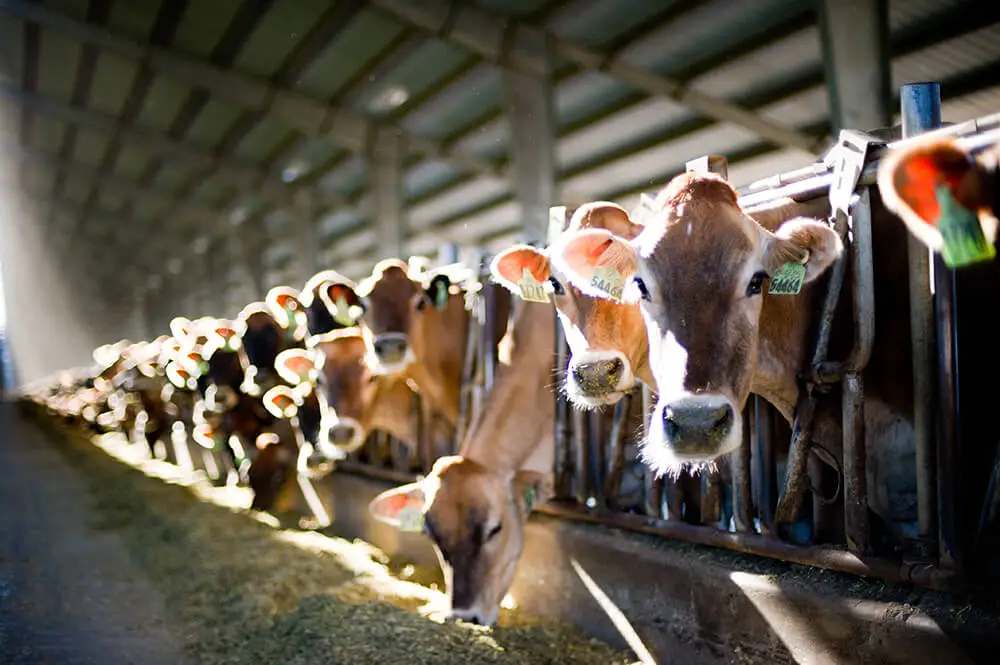Brazil’s bovine genetics market has seen notable growth, focusing on collecting genetic materials and improving fertilization methods.
In 2022, this sector processed over half a million beef and dairy embryos, representing 54% of Brazil’s market.
Bovine genetics enhances cattle traits like milk production and disease resistance while the market trades these genetic materials and technologies.
The Center for Advanced Studies in Applied Economics (Cepea) and the Brazilian Society of Embryo Technology (SBTE) offered detailed analyses, showcasing the market’s growth and scope.
Significantly, Asbia-affiliated companies processed 314,061 embryos for beef and 161,658 for dairy in 2022.
Beef sector sales, including 244,633 embryos, dominated the market, showing a clear preference over the dairy sector’s 118,891 embryo sales.

Additionally, the SBTE and breed associations closely monitored about 1 million domestic embryos, ensuring transparency and quality in the market.
Brazil’s development in this field is more than a national achievement; it has global implications.
As a leader in South American agricultural technology, Brazil’s advancements could reshape regional trade, influencing neighboring countries.
On a global scale, Brazil competes with major countries like the USA and Australia.
Its progress in bovine genetics could alter international trade patterns, offering diverse genetic quality options to the world.
Brazil’s expansion in bovine genetics sets new international benchmarks for quality and efficiency. However, this growth comes with responsibilities.
Brazil must maintain a balance between market expansion and sustainable practices.
This balance is essential for upholding international relationships and meeting the global demand for ethical, eco-friendly products.
Brazil’s strides in bovine genetics thus represent a significant chapter in the broader story of global agriculture and trade, blending national progress with international impact.

